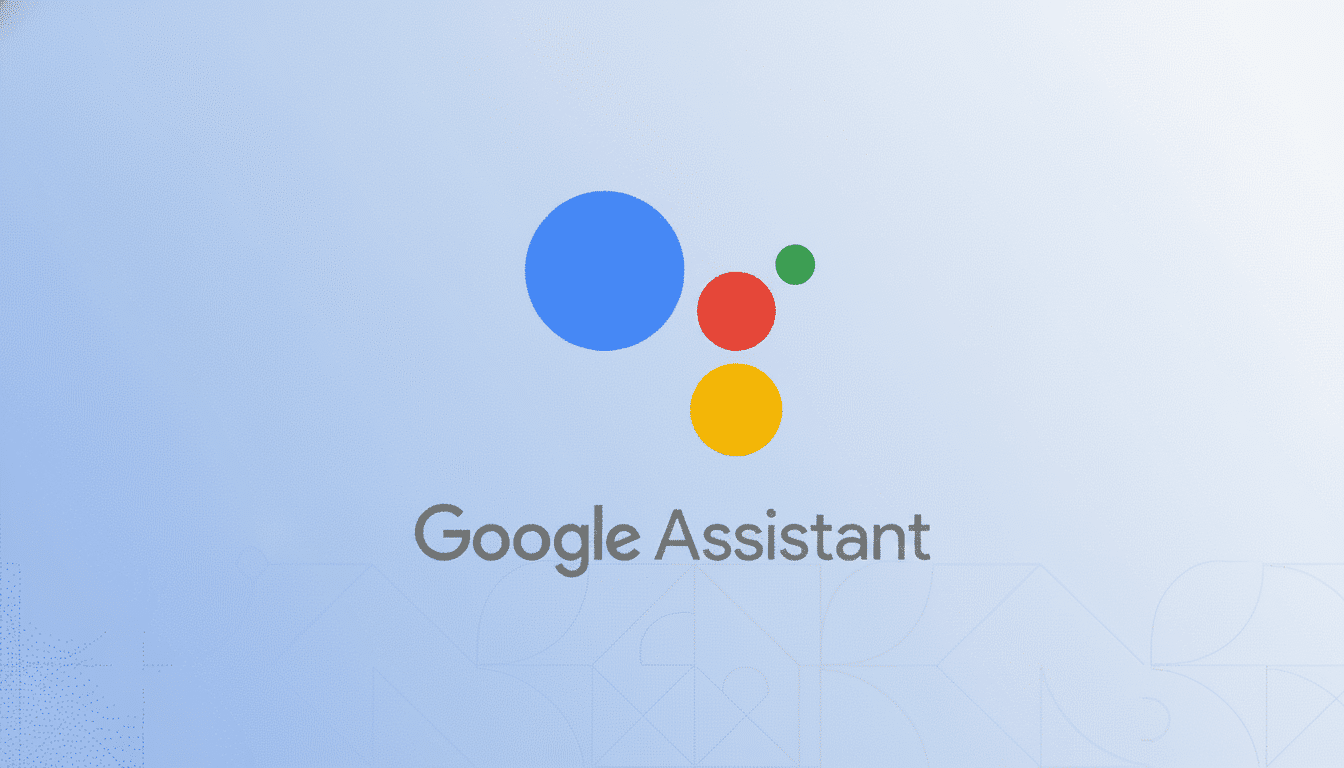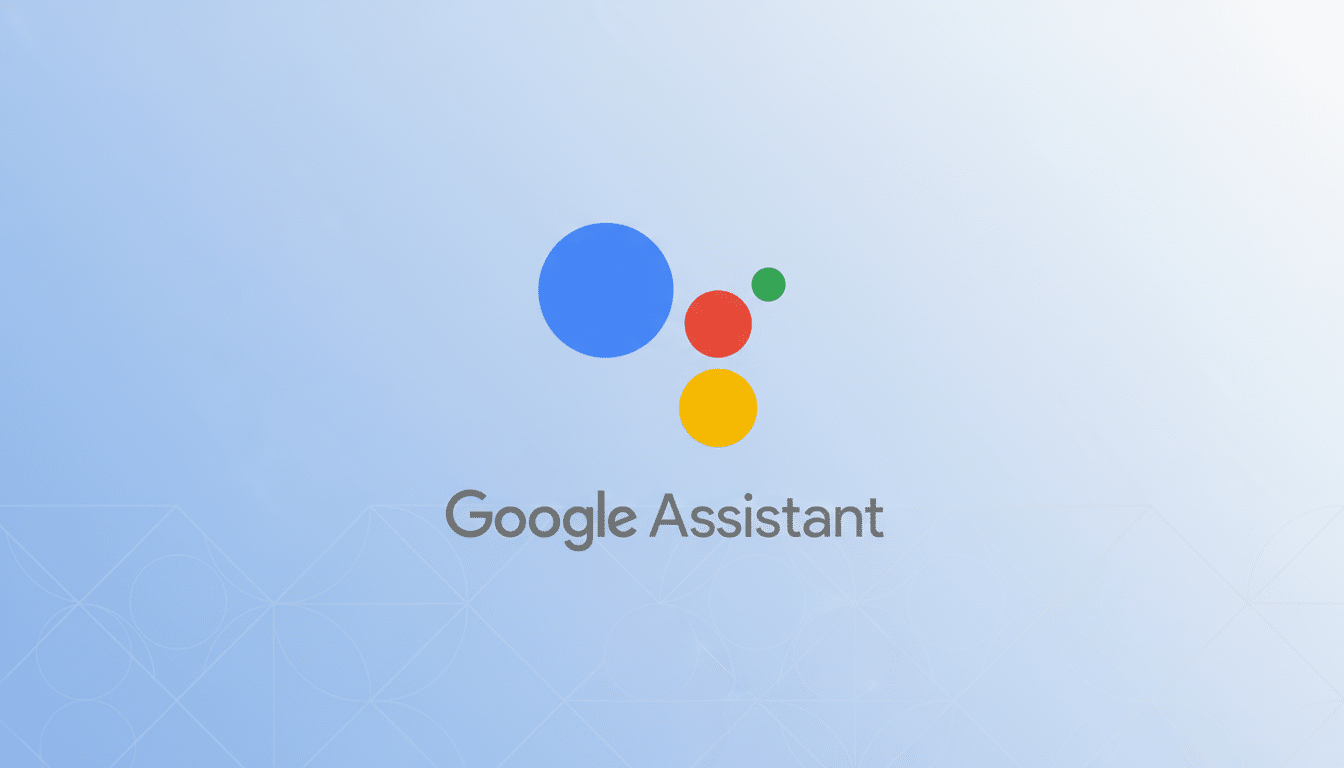Google has quietly marked a hard shutdown date for Google Assistant, ending an era of maintaining two voice-based interfaces as it drives users to AI-generated, feed-driven content on its targeted Gemini news and friends experience. A statement on Google’s Android Auto support forum (which we first saw via Android Authority) makes clear that Assistant is going to be an option for only a little while longer before the changeover is made mandatory. No specific day has been mentioned, but the message is clear: it’s time to get ready.
Gemini Takes The Wheel Across Phones, Auto and TV
According to Google’s promo banner, Gemini is taking over Google Assistant on most mobile devices and will know all the same commands while supporting more natural, freeform conversation. In practical terms, that means the familiar “Assistant” button on your phones, remotes and steering wheel controls will call upon Gemini. You can expect continuity for basics, such as setting timers, sending texts or turning out the smart lights, but with responses influenced by Google’s most recent generative AI model.
- Gemini Takes The Wheel Across Phones, Auto and TV
- What Changes For Users As Gemini Replaces Assistant
- Driving And Safety Considerations During Gemini Rollout
- Why Google’s Making The Change To Consolidate AI
- Privacy Notes And Protections As Gemini Becomes Default
- How To Prepare Now For Gemini Replacing Assistant
- The Bottom Line On Google Assistant’s Transition To Gemini

That scope is large: phones, Android Auto and Google TV are all in the migration path. Though Google’s line is “most mobile devices,” the company has been already weaving Gemini into core apps and services, and this banner confirms that approach.
What Changes For Users As Gemini Replaces Assistant
For everyday operations, your experience would be continuous with an overlay of AI fluency. Gemini’s promise is multi-round, context-aware conversation, not simply command-and-control. That could lead to richer summaries when you ask about your day, or smarter follow-ups when you are juggling directions, messages and music.
There are open questions. Assistant-specific features and integrations — legacy Reminders behavior, particular Routines triggers, and obscure third-party actions, for instance — may not all translate on a one-to-one basis. Automation has been shifting into the Google Home ecosystem, and if you’re the type that uses custom routines for automations, you might want to look at what those do before they stop working entirely.
Driving And Safety Considerations During Gemini Rollout
Android Auto is the centerpiece here because safety relies on getting predictable, hands-free responses. Google’s banner also offers that Gemini will understand the same commands — which is important for navigation, calling and messaging in the car. The company has spent years optimizing for minimal distraction, and any generative behavior in the car is likely to remain limited to short, actionable outputs.
If you live off fast voice actions (“navigate home,” “reply I’m on my way,” “skip this song”), prepare for consistency. The bigger question is how far Google permits Gemini’s creative, open-ended outputs in the car context; expect it to tightly scope experiences around safety-first use cases.
Why Google’s Making The Change To Consolidate AI
And it’s as much about strategy as it is technology. Google is consolidating its consumer AI efforts under Gemini so as to not have fragmented experiences across Assistant, Bard, and the many in-app copilots. A single model, customized for various contexts, is easier to brand, iterate and monetize.

It also reflects the competition for talent. OpenAI and Microsoft have been expanding aggressively into conversational AI, while Apple is updating the grand ambitions of its assistant. A data iOS Perspective Insight #2: Opening up access brings you feedback, interest and training signals. In the world of software, Android has by far the biggest installed base (approximately 70% global mobile OS share according to StatCounter). Blasting that audience into proactively shaped code stories with Gemini quickly multiplies your loops, interest from developers and strengthening AIs getting trained by it.
Privacy Notes And Protections As Gemini Becomes Default
Google’s forum banner is directing users to pages concerning what Gemini can do, privacy controls and protections for young people. That focus is aligned with larger regulatory scrutiny around AI systems. Look for stronger controls around data retention, voice recordings and personalization, as well as enterprise-grade guardrails in work profiles.
Users who in the past had opted out of saving audio, or those such as manager accounts when there is a family connection, should revisit settings again once Gemini becomes the default; that would be particularly true if child accounts and supervised profiles are involved.
How To Prepare Now For Gemini Replacing Assistant
First, inventory your Assistant habits. If you depend on Routines, move important automations into Google Home and check to make sure that they still execute when activated by voice. Review which apps you use for messaging and calls in Android Auto, and make sure your permissions are up to date. On the TV, you should see Gemini-style answers prompted by pressing the Assistant button; just give common commands a whirl to see how they’re answered.
Second, be alert for guidance on deprecated features. Google usually publishes changes on support pages and developer forums, and early notes from Android Authority and others often bring quirks to the surface before they are widespread.
The Bottom Line On Google Assistant’s Transition To Gemini
Google Assistant’s sunset is not just theoretical anymore. The company is officially on the clock, and Gemini is next in line. For most people, the shift should be fairly seamless: same commands, more conversational intelligence. The smart play is to clean up your voice routines and expect a few rough edges once the new AI begins stealing the spotlight.

